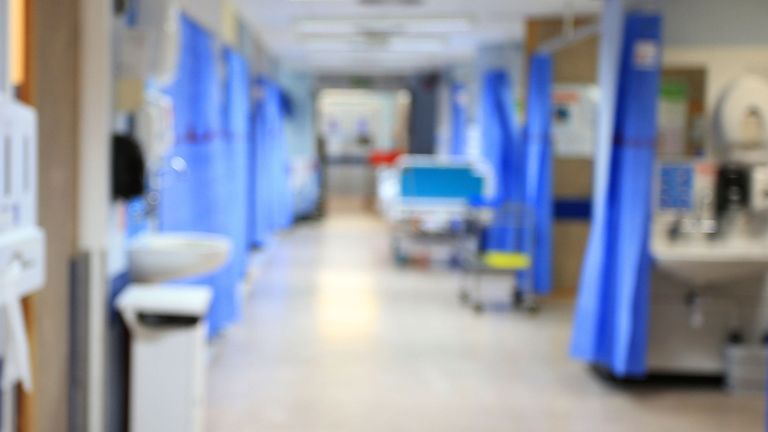My gallstone is in one of those transparent plastic bottles. It’s 22mm, the size of a pebble you’d pick up on a stony beach, then throw into the sea.
The medical term for removal of the gallbladder is cholecystectomy. Usually, when a gallstone (or gallstones) causes symptoms, the whole gallbladder is removed.
Across the UK there are tens of thousands of cholecystectomies each year. Most are performed using keyhole surgery – the medical term is laparoscopic surgery. A few hours as a day patient. That’s it. A few weeks of recovery. Done. Everything back to normal(ish).
The NHS describe gallbladder removal as a “very common procedure.
For me, the worst part was the anaesthetic – it was a first-time experience (despite my great age!). I was lucky. To date, I have not had a bile leak, or adverse consequences from scarring or bile reflux.
I had back pain (mostly). One or two other occasional symptoms. Transient, fortunately.
The surgery was routine elective non-emergency surgery. Despite the size of the gallstone, it hadn’t blocked the bile duct, or done anything obviously toxic to my body.
The oddest thing about the removal of the gallbladder, is that it’s purpose seems unexplained. If you can live perfectly well without it, why do we have it?
As is always the case with nature’s brilliance, whilst human intervention is frequently required, and usually the body’s natural genius turns that intervention into a benefit, sometimes the outcome of interventions are not good. And sometimes, the failure to intervene is equally costly. I hear stories and have cases. Strokes caused by sepsis. Chronic recurrent infection from bile duct issues. No hope of any cure or healing, just managing ill-health.
Sometimes, the outcomes are just complications, not caused by medical error.
But sometimes keyhole surgery goes wrong.
Sometimes, because gallstones are so common, GPs, and A&E Departments, dismiss infection caused by blockages as a bit of gastro discomfort that will pass.
Surgeons make mistakes. GP’s fail to diagnose. This we all know.
Just because there are so many interventions, this is no guarantee that medical errors won’t cause serious life-changing consequences.
Fortunately for me, nothing adverse has resulted (so far). But for those who have complications surrounding gallbladder and gallstone issues, doctors may be responsible, just as they may be responsible for more dramatic errors or oversights.
If you wish to seek advice contact our office at claims@lspartnership.co.uk or call 01582 417208. Or contact me directly on jholtom@lspartnership.co.uk or through FB or Twitter.
John Holtom
Consultant solicitor
